In this fast-paced digital age,— our smartphones have become a very useful tool in our lives. They hold a vault of treasure of our personal information — from sensitive emails and messages to financial data and precious memories captured in photos and videos.
With the rise of technology, — the risk of losing this important information to hackers has also increased rapidly.
These cybercriminals are always looking for vulnerable devices to exploit, — and that makes it crucial for us to protect our phones from their prying eyes.
We all have to keep safe our personal and sensitive data by protecting our data from hackers.
Here are some tips — to help you stay safe:
Page Contents
1. Use a Strong Password or PIN
Using a strong password or PIN — is crucial for safeguarding your personal information and digital assets.
A strong password should be — unique, consisting of a mix of upper and lower case letters, numbers, and special characters.
Avoid using easily guessable information like — birthdays or names. Similarly, if you're using a PIN, — make sure it's not something easily predictable, such as — a sequence of consecutive numbers.
Both Android and IOS offer different password methods like — PIN or Passwords in Alphanumeric or Numeric versions — choose which method you want to use as your phone security method.
Also, — use a Fingerprint Lock to add an extra layer of security — to your device security. And don’t share your Password or PIN with anyone else.
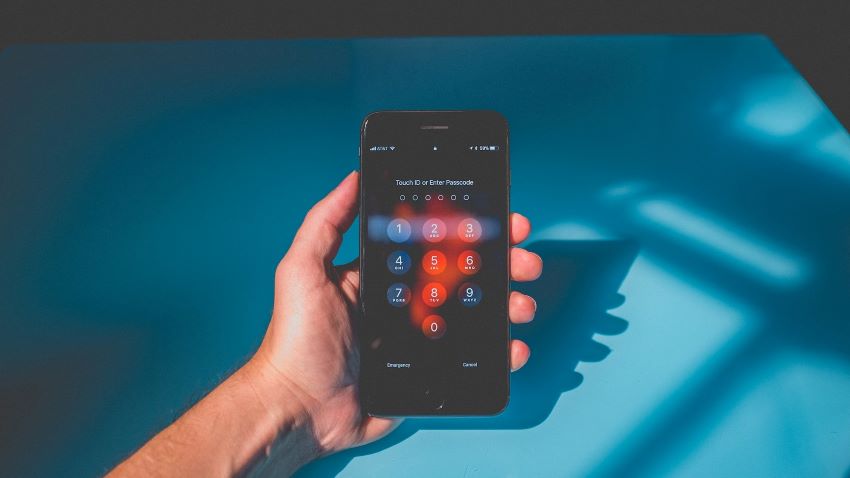
2. Don’t let Lock-Screen notifications give the Information away
We recommend always turning off notifications for the lock screen.
In general, — apps show notifications directly on your phone's lock screen. You can change this setting in the — lock-screen settings on your phone’s settings app.
We also recommend to — consider disabling access to Siri or any other personal assistant from your phone’s lock screen.
A personal assistant isn’t supposed to give away personal information before you enter your password or PIN, — but there are examples that past hacks have let intruders use a personal assistant to unlock the device, access details of contacts, and view personal photos & videos.
So, — It’s safest to shut the feature off entirely.
On the contrary — if it’s very important or useful to show notifications on the lock screen you can just turn on — the “show app only” feature, this feature will only show the app icons on the lock screen but hide the content.
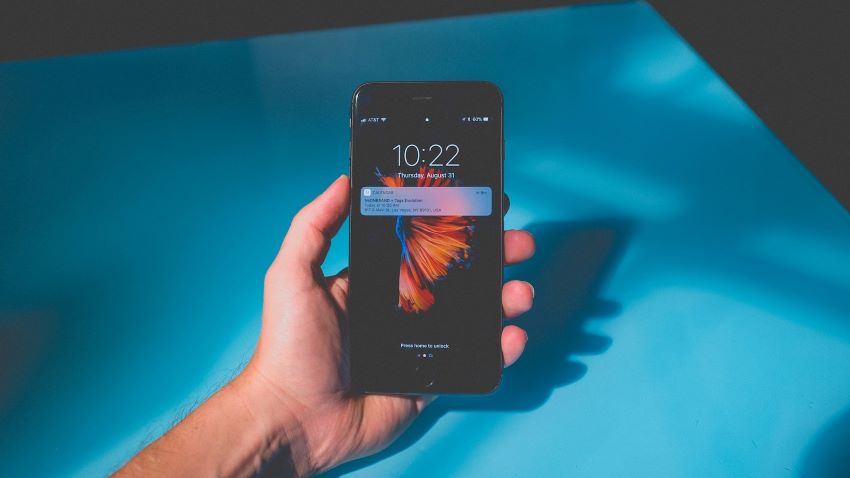
3. Charge your Phone with trusted USB ports
Remember your phone is a smart device. And your charging cable isn’t only a charging cable, — it’s a data transfer cable too.
So beware of — where you put it for charging your device.
It’s always recommended — to use only the official phone charger to charge your phone.
“Avoid charging your phone with an unknown USB socket like — someone’s laptop, power bank, or any other untrusted USB socket”.
Remember hackers can pre-program those smart devices to get your data while charging. Also, be alert! when transferring data from another computer to your device.
Avoid connecting your device using a USB cable with a computer in Cyber Cafes, Airports, or any other public place — Those computers are not trustworthy, — “Because lots of people use them, and who knows — hackers might already have turned them into phishing devices.”
Always use official-charger to charge your phone.
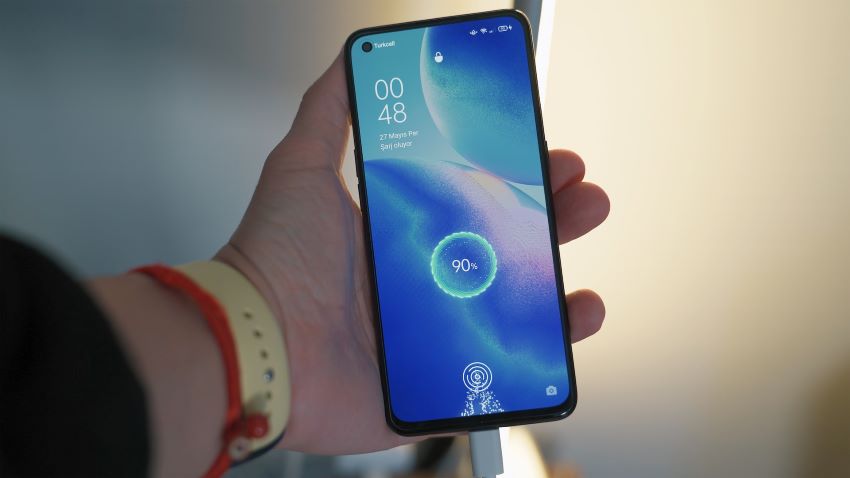
4. Keep your phone up to date with the latest security update
Security updates are released by — phone manufacturers and operating system developers to address — known vulnerabilities and weaknesses that could be exploited by hackers.
Not updating your phone with the latest security updates is vulnerable to — potential attacks, such as — malware infections, data breaches, and unauthorized access to sensitive information.
Hackers constantly develop new methods to exploit security loopholes.
Usually latest security updates contain — new levels of encryption and security features, so it’s always recommended to — update with the latest official security updates released by — your phone manufacturer or operating systems.
Don’t install any updates or features released by — a third party or any other vendors. Past hacking incidents show that — hackers were able to hack phones that were outdated with security updates or installed updates from — third-party vendors.
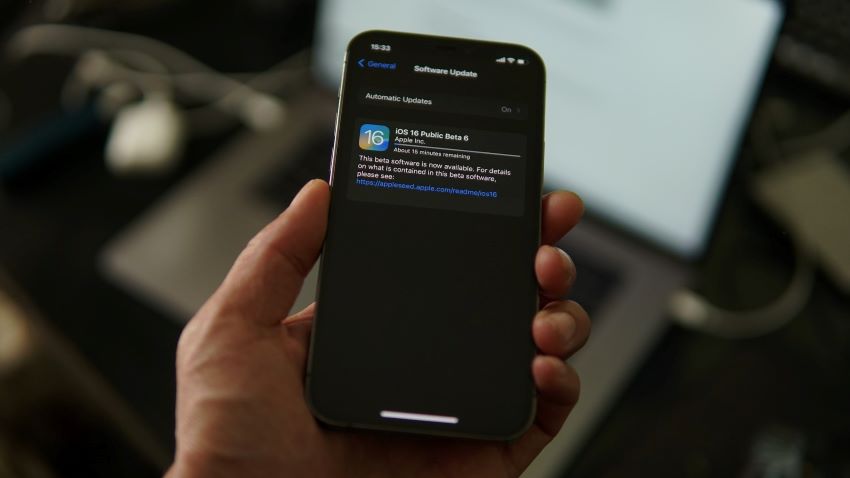
5. Beware of using open Wi-Fi
We all know about — the risks of using public wireless networks. But you may not realize how severe it is.
Using public Wi-Fi networks can be a cause of significant security risks.
Open Wi-Fi networks, — like those found in cafes, airports, or public spaces, — sometimes don't have proper encryption or security features available on their network systems.
When connected to such networks, — sensitive information like passwords, financial details, and personal data can be easily accessed by hackers.
Consider using a virtual private network (VPN) or mobile data — when accessing sensitive information like passwords, and bank information, — ensuring your online activities remain private and secure.
We recommend — using your mobile data instead of using those open networks.
If you are unable to use mobile internet at that time, — use a VPN or Cloudflare for safety.
VPNs like NordVPN or TunnelBear VPN provide — better encryption and ensure your phone's safety. Or use Cloudflare's "1.1.1.1" App instead.
They are available and free in both Android And IOS environments. Install through the Play Store or App Store and — connect before using public Wi-Fi.
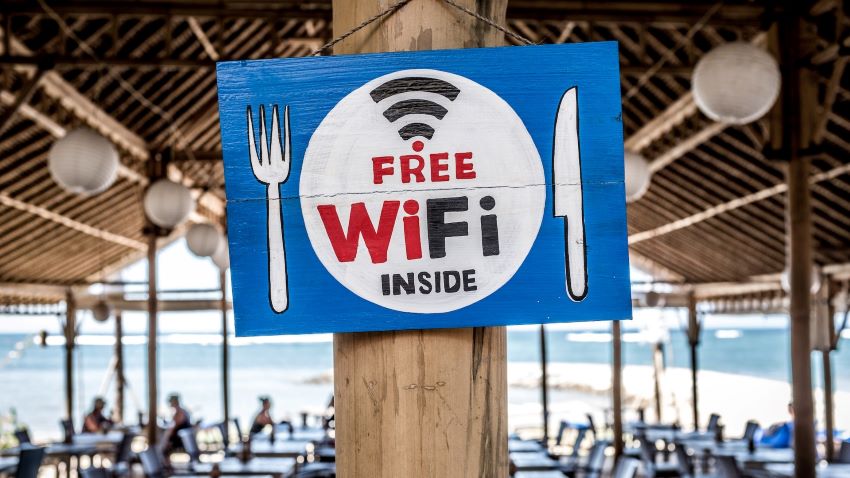
6. Be careful of what you Install on your Device
When you install apps on your Android or Apple device you may be asked — to grant various permissions, including access to your camera, ability to read your files, or listen to your microphones.
There are legitimate uses for these capabilities, — but those permissions also can perform abusive behavior.
Don’t permit any apps to — the permission that shouldn’t be asked for.
"For example — if a General Calculator app wants your Camera permission, it's Abnormal".
Don’t install any apps or software from Untrusted Sources. Block all sources from — installing apps outside the App Store or Play Store.
Verify what you are installing — before installing it on your device.
Even for the App Store, — you should verify apps before clicking on the install button.
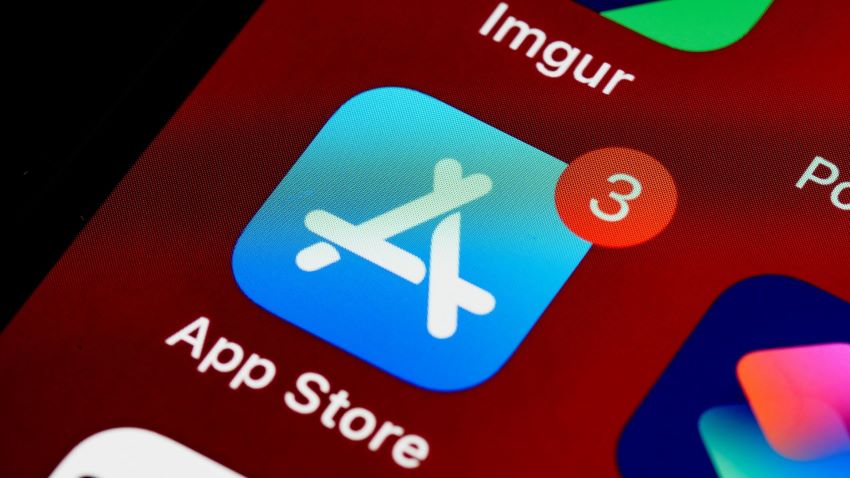
Though App Stores or Play Stores are considered safe, — there have been reports of malicious apps spending months on the Play Store before being spotted and taken down by authorities.
Apps found on different online Websites and Forums — contain malware and Trojans that could lead to Hacking your device or passing your data to online Mafia Groups.
You don’t even know — whether your information is getting away.
There are examples that show that — past hacking activities were carried out by malicious apps installed from untrusted sources.
Other incidents happen — when hackers constantly record videos using the victim’s phone camera — without letting the victim know what’s going on.
7. Think before clicking on Links
Be careful of — various links on social media with eye-catching text like "Discount offer" or "Click the link and get 50% off."
How can you be certain that — these links are safe? Even if a friend — sends you a message with a link and claims it’s a great offer, you still can’t be sure if it’s safe.
Unfortunately, — knowing what’s on the other side of the link is almost impossible without clicking on it.
In this case — it’s better to not click on those links. Those unsafe links can lead you to — a website that is run by hackers for phishing attacks or can inject your device with viruses.
Always verify a link — by its URL prefix to verify authenticity. Suppose a link redirects you to facebook.com, Its URL should be — “https://www.facebook.com/content sub URL”.
Don’t click on links only seeing the imagery, always look for the URL prefix.
Hackers design websites — exactly the same design as social media websites. So it's impossible to recognize those links — without recognizing the URL prefix.
When a victim clicks on those links and tries to log in to social media — their information actually goes directly to the hacker.
And when they have your sensitive data, like username and password — you can imagine what they can do with that type of information.
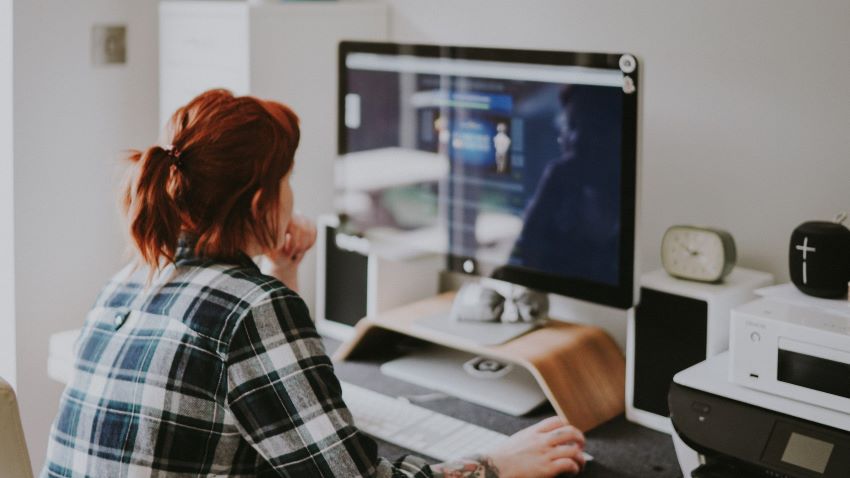
8. Additional Tips for Phone Security
- Review what’s already installed on your phone.
- Lock individual apps with PIN or Fingerprint.
- Keep an eye on things behind the scenes (See which apps are running in the background).
- Delete personal data from your old device.
- Don’t open suspicious emails.
- Delete all app permissions and reset your phone if necessary.
- Don’t give your phone to anyone you can’t trust or a stranger.
- Turn off Wi-Fi and mobile Data when not in use.
- Use Two Factor Authentication (2FA) for social media accounts.
- Turn on the “Find My Device” feature and track your device if lost.
9.FAQs
Frequently Asked Questions (FAQ) About Phone Security from Hackers:
Q1. Is it necessary to install an antivirus app on my phone?
It’s actually — not necessary to install any antivirus app on your phone because both Android & IOS already have great security patches installed on your device,
— but if you want to add an — extra layer of security then you can install antivirus software, — but remember to always use authentic and trusted service.
Q2. Are mobile banking and payment apps secure to use on my phone?
Yes, banking and payment apps have their — own security system to protect your data while using their app.
Q3. How can I secure my phone when using public Wi-Fi networks?
Use VPNs like — NordVPN, TunnelBear VPN, or Cloudflare “1.1.1.1” apps.
Q4. Can hackers access my phone’s data remotely?
Yes, hackers may remotely access your phone’s data — if they exploit security flaws or use malicious software like spyware.
Regularly update your device and use security apps — to minimize this risk.
Q5. What is phishing, and how can I avoid falling victim to it?
Phishing is when hackers use deceptive emails, texts, or websites to trick you into providing — sensitive information.
Be cautious of — unsolicited messages and avoid clicking on links from — unknown sources. Always verify the sender’s identity — before sharing any personal data.
Q6. How do I know if my phone has been hacked?
Look for signs like — unusual battery drain, unexpected data usage, slow performance, or unexplained pop-ups.
If you suspect hacking, — run a security scan with reputable antivirus software.
Q7. Can hackers access my phone’s camera and microphone remotely?
Yes, In some cases, — hackers may exploit security flaws to gain access to your camera and microphone.
To protect your privacy, — be mindful of app permissions and consider covering your camera when not in use.
Q8. Is it safe to download apps with lots of permissions from the Play Store or App Sores?
First, verify that — whether all permissions are really necessary. Read reviews and check the app’s reputation before installing it.
Stick to — well-known, reputable apps to minimize the risk.
Q9. Should I use biometric authentication (fingerprint/face) for extra security?
Yes, It’s recommended to use — biometric authentication like fingerprint or face with a regular password or PIN.
PIN or password can be — visible when typing but fingerprint can’t be visible.
Q10. What should I do if my phone is lost or stolen?
Immediately contact your service provider to — suspend the SIM card. Use device tracking tools or apps — to locate or remotely wipe your phone’s data if possible.
10. Conclusion
We can't think about a day without our phone — that's because of its use case and ability to do things.
But this device can be vulnerable if we don’t ensure its security properly.
In this article, — we described how your phone can be vulnerable and — how to protect your phone from hackers.
Try those methods — to stay safe from intruders. We hope this article will help you to ensure the safety of your personal and sensitive data from — Online Scammers and Hackers.
Thank you for visiting us! We hope to see you again soon, exploring a different topic in the future. Take care!





